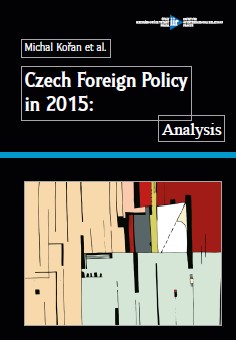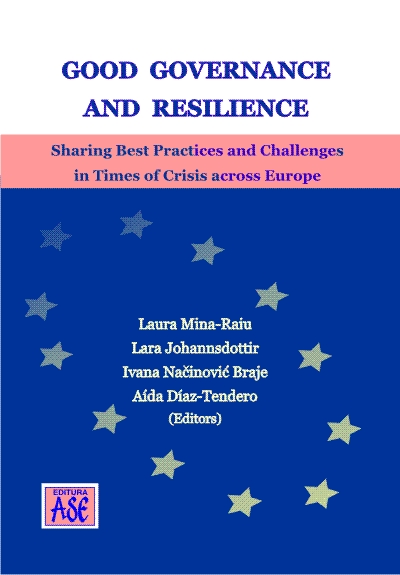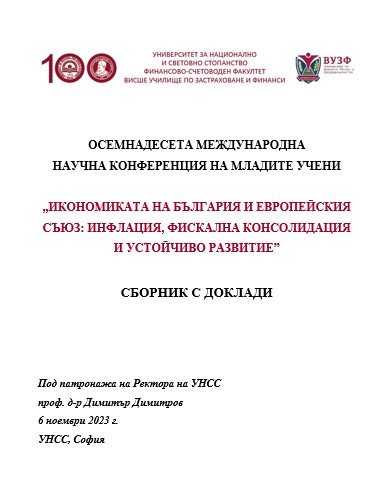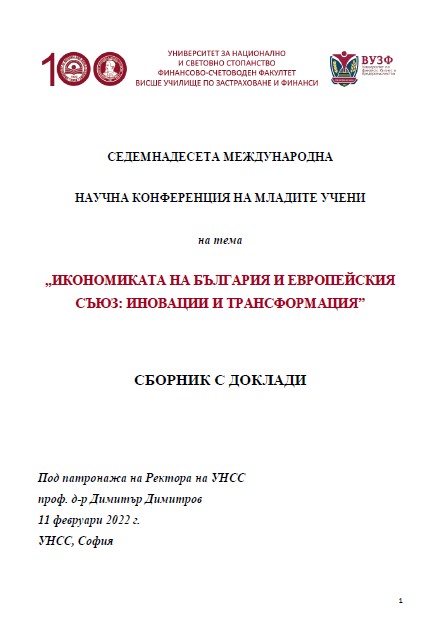Author(s): Yasen Georgiev / Language(s): English
Publication Year: 0
Bulgaria’s tax system, comprising state and local levels, encompasses various taxes like income tax, social security contributions, corporate taxes, and value-added tax. Administered by the National Revenue Agency, state taxes are fundamental, while municipal councils regulate local tax rates. In 2008, Bulgaria transitioned to a flat tax system, replacing the progressive tax with a 10% income tax. Taxation of foreign individuals hinges on residence and interests, and local taxes, including real estate tax and succession tax, contribute to the municipal budget under the Local Taxes and Fees Act. The Value Added Tax (VAT) system, regulated by the Value Added Tax Act, applies to an array of goods and services. VAT registration can be compulsory, voluntary, or initiated by revenue administration. It is applicable to goods, services, intra-European Union acquisitions, and imports. The standard VAT rate is 20%, while accommodation services are taxed at 9%. An analysis of tax revenues as a percentage of Bulgaria's GDP from 2010 to 2020 reveals consistent growth, primarily driven by economic expansion. However, the heavy reliance on indirect taxes, particularly VAT, raises concerns about revenue stability. Recent changes, including increased allowances for families with children and temporary VAT rate reductions during the COVID-19 pandemic, reflect attempts to address socio-economic challenges. Several solutions are proposed to enhance the Bulgarian tax system, encompassing changes such as increasing individual income tax, implementing a progressive tax structure, raising corporate taxes, reducing VAT rates, or combining these adjustments. A suggested approach focuses on a moderate increase in individual income tax from 10% to 15% to achieve a balanced tax system, with potential worker demotivation addressed through transparent government spending and commitments to improved social welfare.
More...








